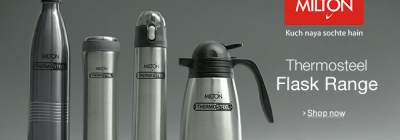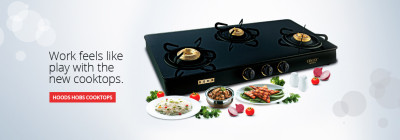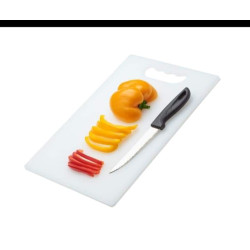The Ultimate Guide to Choosing the Perfect Chopping Board for Your Kitchen
Are you tired of your chopping board giving you a hard time in the kitchen? It's time to find the perfect chopping board that will make your cooking experience a breeze. In this ultimate guide, we will walk you through everything you need to know about choosing the perfect chopping board for your kitchen.
From different materials like bamboo, wood, plastic, or glass, to considering the size, thickness, and maintenance requirements, we have got you covered. We will debunk common myths and share expert tips to help you make an informed decision.
Not only will a good chopping board enhance your chopping and slicing skills, but it will also ensure the longevity of your knives. Say goodbye to dull blades and hello to efficient meal prepping!
Whether you are a professional chef or a cooking enthusiast, this guide will cater to all your chopping board needs. So, let's dive in and find the perfect chopping board that suits your style, durability, and budget!
Importance of a good chopping board
A good chopping board is an essential tool in any kitchen, whether you're a professional chef or a home cook. It serves as the foundation for all your cutting and chopping tasks, from slicing vegetables and fruits to dicing meat and herbs. A high-quality chopping board can make a significant difference in the efficiency and enjoyment of your cooking experience.
A well-designed chopping board not only provides a stable and secure surface for your cutting but also helps to preserve the longevity of your knives. Inferior chopping boards can quickly dull and damage your knife blades, leading to frustration and the need for frequent sharpening. In contrast, a good chopping board will protect your knives and ensure they maintain their sharp edge for longer.
Moreover, a quality chopping board can also contribute to the overall hygiene and safety of your food preparation. Some materials, such as wood and bamboo, have natural antimicrobial properties that can help to reduce the risk of cross-contamination and the spread of foodborne illnesses. Investing in a chopping board that is easy to clean and maintain can give you peace of mind and help to keep your kitchen a safe and sanitary environment.
Types of chopping boards - wood, plastic, bamboo, and glass
When it comes to choosing a chopping board, there are several different materials to consider, each with its own unique advantages and disadvantages. The most common types of chopping boards are wood, plastic, bamboo, and glass.
Wood chopping boards have long been a staple in kitchens due to their classic look and durability. They come in a variety of wood types, including maple, oak, and teak, each with its own distinctive grain and texture. Wood boards are generally considered to be gentle on knife blades and can provide a stable and slip-resistant surface for cutting. However, they do require more maintenance than some other materials, as they can absorb moisture and stains over time.
Plastic chopping boards are a popular choice for their affordability and ease of cleaning. They are available in a wide range of colors and styles, and many are designed with features like juice grooves to help contain liquid and prevent spills. Plastic boards are also often considered more hygienic than wood, as they are less porous and can be easily sanitized. However, they may not be as durable as wood or bamboo and can be more prone to scratches and cuts that can harbor bacteria.
Factors to consider when choosing a chopping board - durability, maintenance, and hygiene
When choosing a chopping board, there are several key factors to consider to ensure that you select the right one for your needs. Durability, maintenance, and hygiene are all important considerations that can impact the overall performance and longevity of your chopping board.
Durability is a crucial factor, as a high-quality chopping board should be able to withstand frequent use and the wear and tear of everyday cooking tasks. Look for boards that are made from sturdy, high-quality materials that can resist warping, cracking, and chipping over time. This will not only ensure that your board lasts for years to come but also help to protect your knives from damage.
Maintenance is another important consideration, as different materials require varying levels of care and attention. Some boards, like wood and bamboo, may need to be regularly oiled or conditioned to maintain their appearance and prevent drying and cracking. Plastic boards, on the other hand, are generally easier to clean and maintain, as they can be safely washed in the dishwasher.





